
Loading...
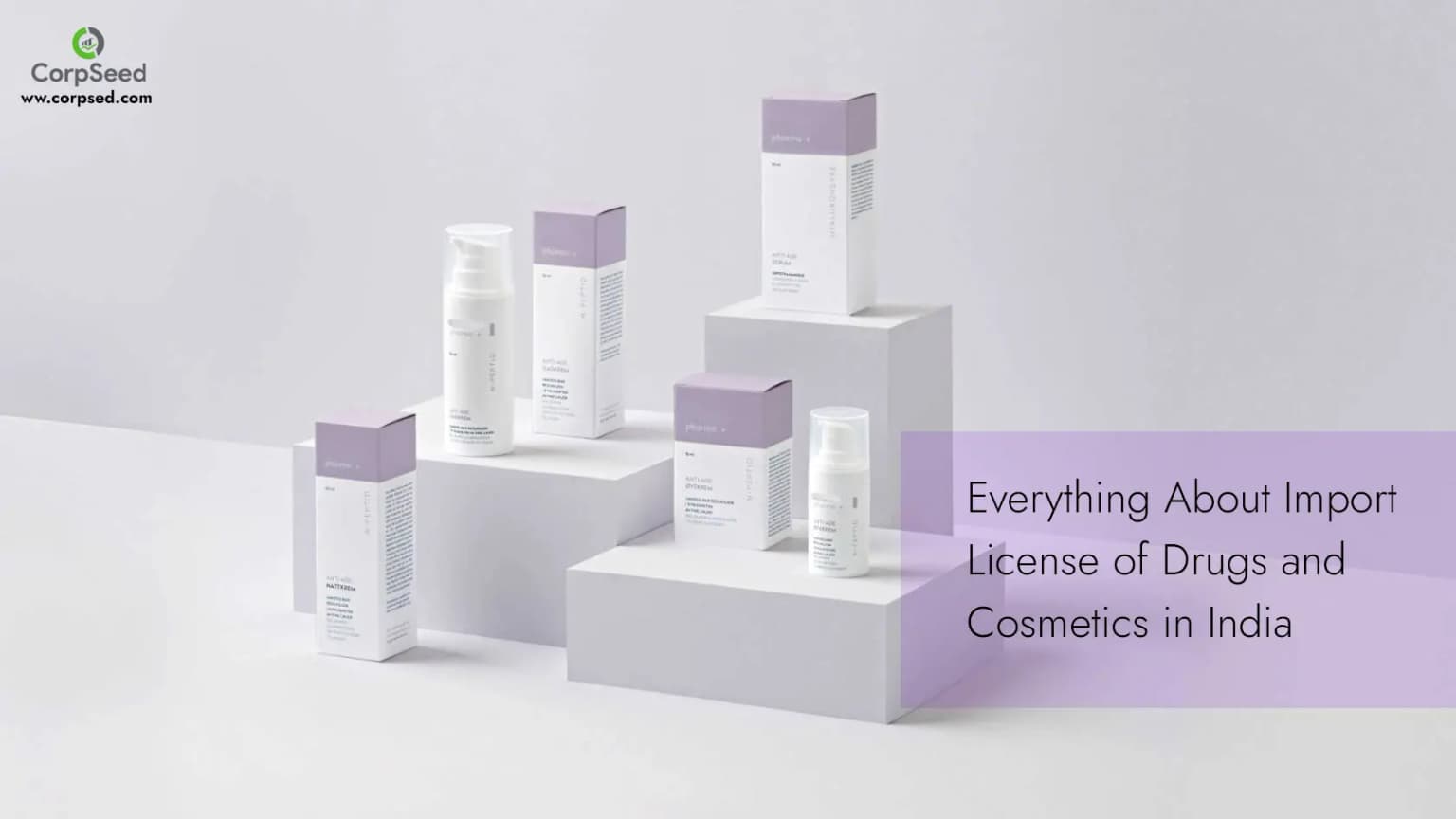
As per Drugs and Cosmetics Act, State authorities are concerned with the regulation of sale, manufacture and distribution of drugs and CDSCO authorities
About the Author

Experienced Digital Marketer with a demonstrated history of working in the Internet industry. He likes to write about the latest technology trends, Skilled in Digital Marketing likes. Search Engine Optimization, SMO, SEM, PPC, Content Writing, and, Designing, etc.
Related articles
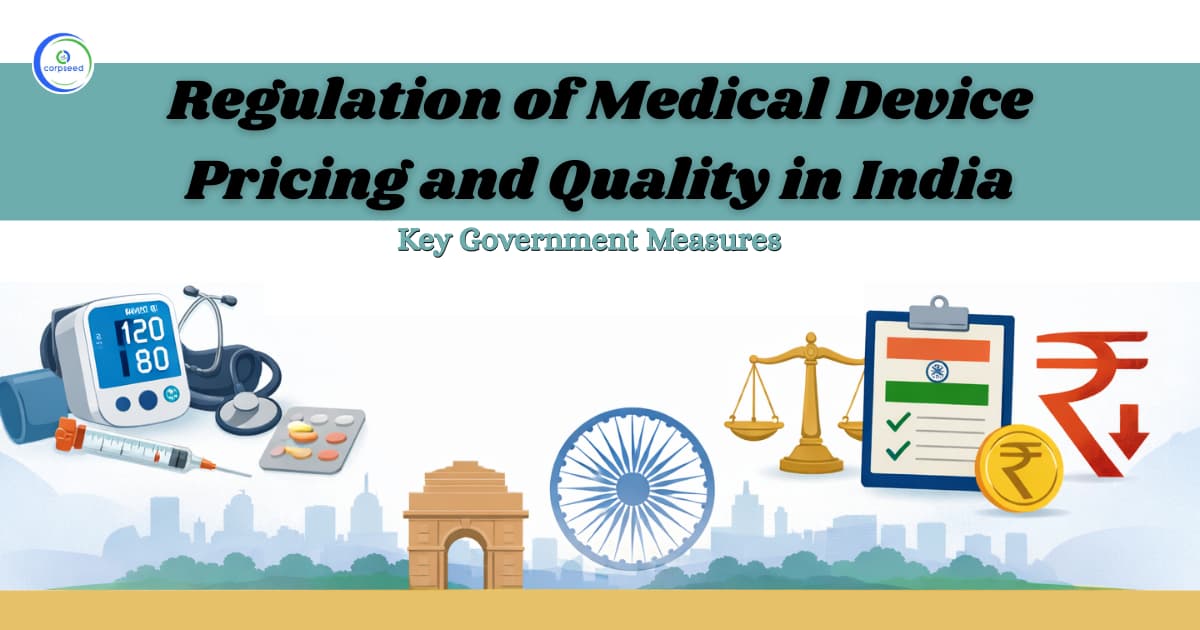
Regulation of Medical Device Pricing and Quality in India: Key Government Measures
2026-02-20
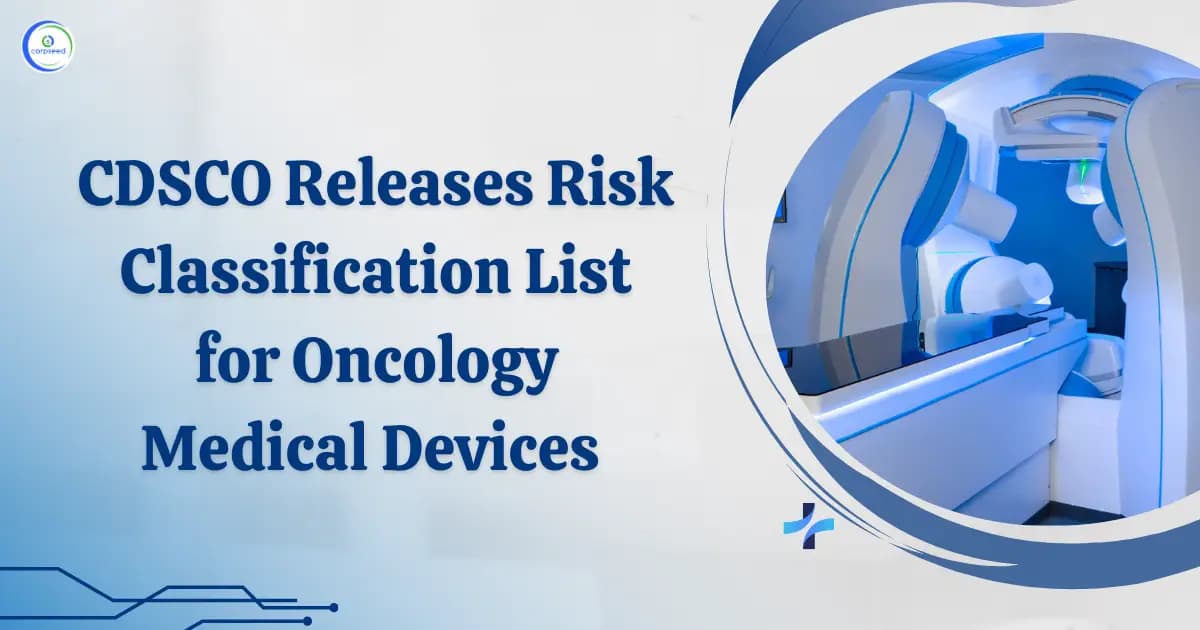
CDSCO Releases Risk Classification List for Oncology Medical Devices
2026-02-12

Government Notifies CGHS Drug Procurement Policy 2026
2026-01-24
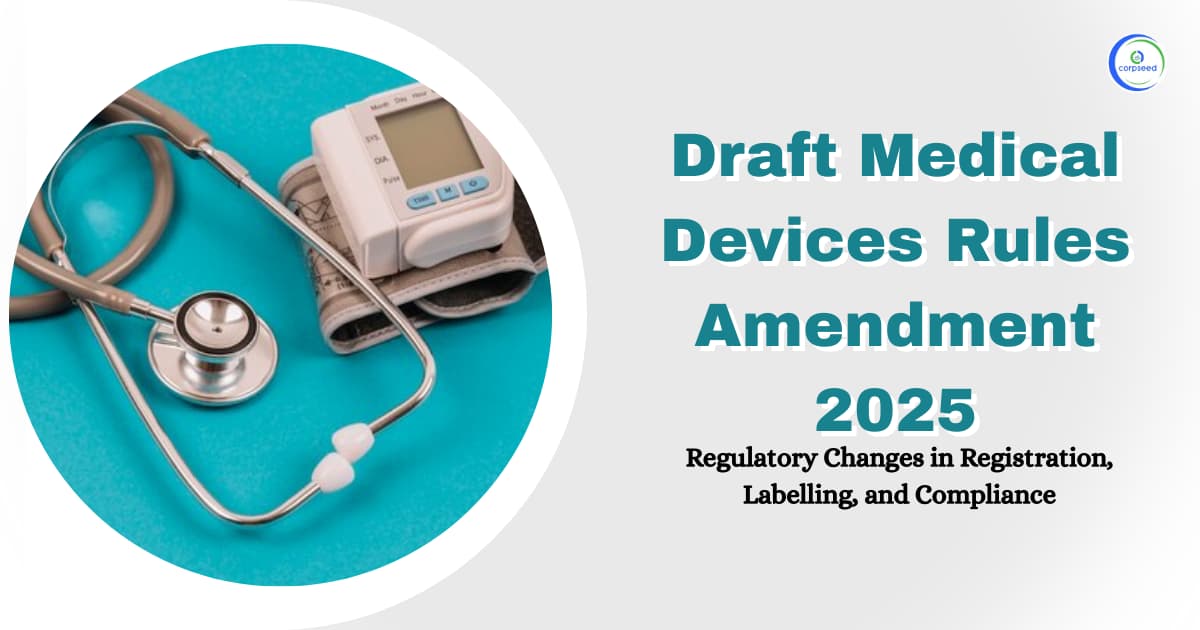
Draft Medical Devices Rules Amendment 2025: Regulatory Changes in Registration, Labelling, and Compliance
2025-12-15

How to Get a Retail Drug License for Your Pharmacy
2025-12-08
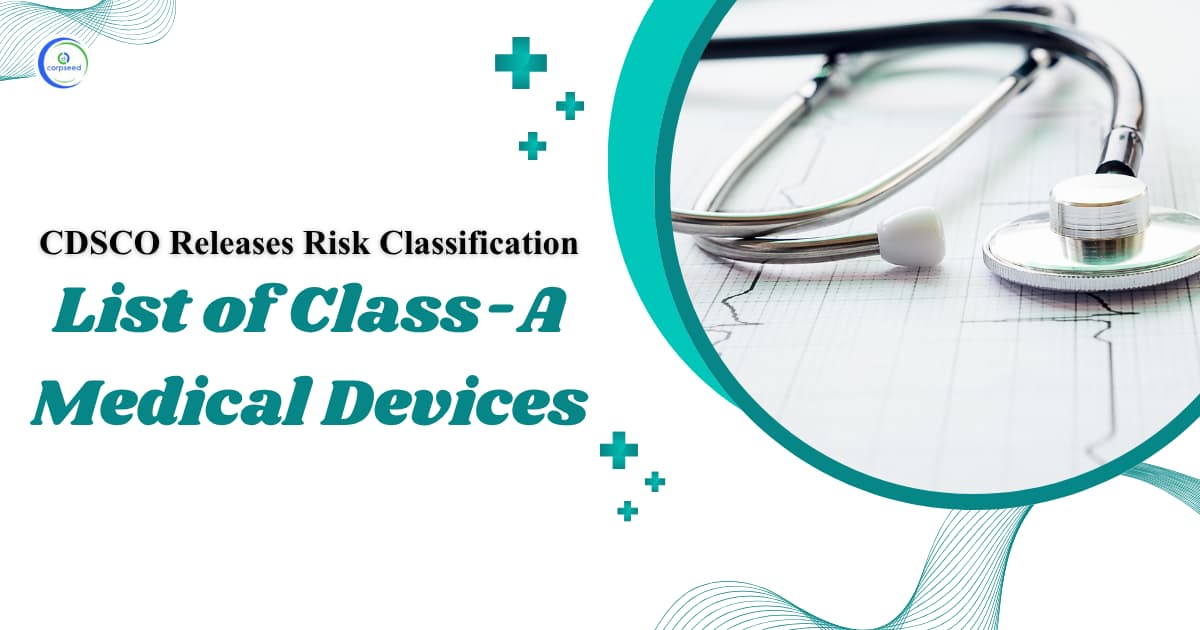
CDSCO Releases Risk Classification List of Class-A Medical Devices
2025-11-07